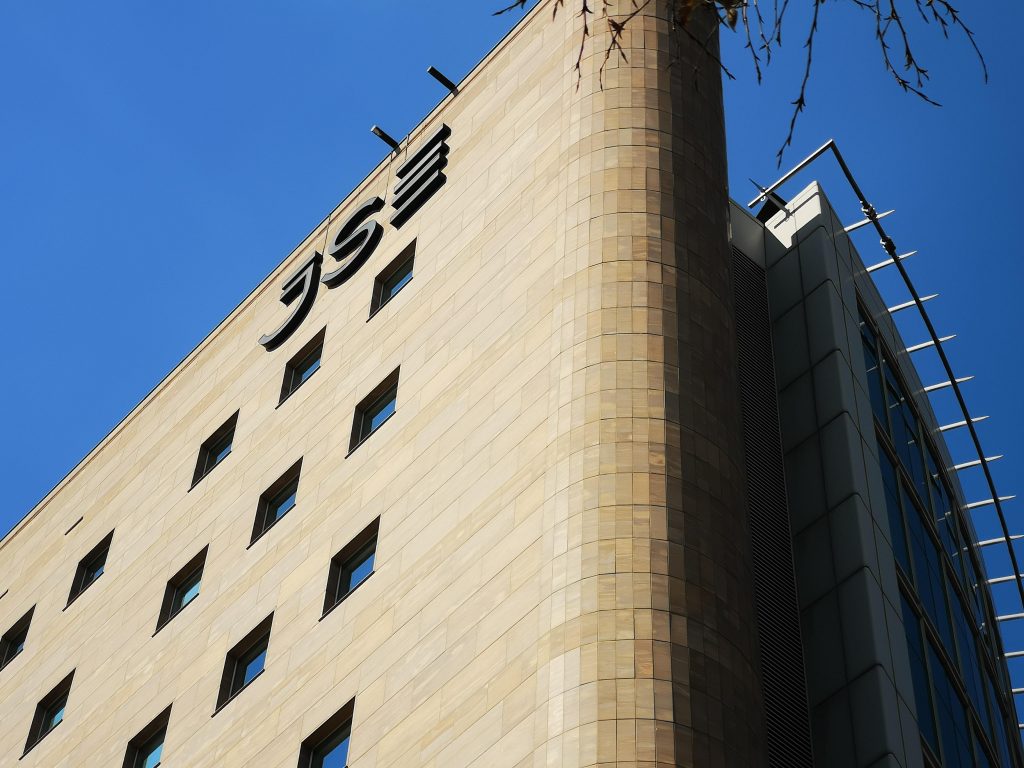JSE set to list actively managed ETFs

The Johannesburg Stock Exchange (JSE) has announced that it will for the first time list and trade actively managed exchange traded funds (AMETFs) from 14 October.
This follows the Financial Sector Conduct Authority’s (FSCA) approval of amendments to the JSE Listings Requirements, enabling investment managers to use an actively managed investment strategy to produce returns as opposed to utilising a passive investment strategy.
The JSE says the changes will see collective investment scheme (CIS) management companies list ETFs related to offshore assets on South African securities exchanges. It will also allow unlimited investments in offshore assets, subject to the fund’s restrictions on offshore portfolio allowances.
“The impending introduction of AMETFs in South Africa comes after extensive consultation between the JSE, FSCA and market participants given the global ETF market’s evolution and the local industry’s desire to align with global best practices,” adds the JSE in a statement issued on Tuesday.
It says it has attracted several ETF listings this year and currently has 93 listings worth a total market capitalisation of over R114 billion.
It further notes that actively managed ETFs have seen strong growth globally, growing assets under management by 7.1% year-to-date to $474 billion in 2022 from $442 billion at the end of 2021.
Director of capital markets at the JSE, Valdene Reddy, says the new listing amendments are part of the JSE’s ongoing efforts to align its operations with international benchmarks and to make the stock exchange more efficient, fair, and transparent for both issuers and investors.
“The addition of AMETFs to our already expansive product offering will enable the JSE to attract more issuers to list new instruments. In addition, AMETFs will provide South African investors with an opportunity to further diversify their portfolios in a cost-effective manner,” she adds.
The JSE says the new amendments are the most significant recent regulatory changes to the local ETFs industry since the South African Reserve Bank issued an Exchange Control Circular in 2017.

